Do Carpenter Bees Keep Wasps Away or Vice Versa?
During the carpenter bee season we get a handful of customers who experience wasps or hornets in their carpenter bee traps and aren’t sure what to do. These visitors are not that surprising but should be treated as unwelcome guests. While wasps aren’t deterred by the smell of carpenter bees, carpenter bees will fly away from the scent of a wasp.
If you notice a wasp fly into your carpenter bee trap, determine if it has been trapped in the bottom or is flying in and out of the upper chamber (but remember, carpenter bees cannot escape our traps!). If the wasp is trapped in the bottom container, then the job is simple: Wait for the wasp to die and empty the container.
If the wasp is flying in and out of the trap, you might have a bigger situation on your hands. The wasp could have picked the trap to be a new nest location. This will absolutely stop the carpenter bees from entering the trap.

The best course of action is to place the wasp-infested carpenter bee trap into a plastic bag. It’s best to do this during nighttime hours when wasps are less active to reduce the chances of wasps stinging you. Be sure to wear protective clothing and gloves. You don’t want to use any chemical sprays to kill the wasps, as this will render the trap useless for catching carpenter bees.
Seal the bag and put it in your freezer for 24 hours. The frigid temperatures will kill the wasps and allow you to scrape out any nests. Again, don’t use any sprays. When you clean out the trap, use only a dry rag. If you absolutely need to scrub the trap, only use water. You don’t want the trap to smell like soap or chemicals. After it is all cleaned out, let the trap dry in the sun, and place it back up for business!



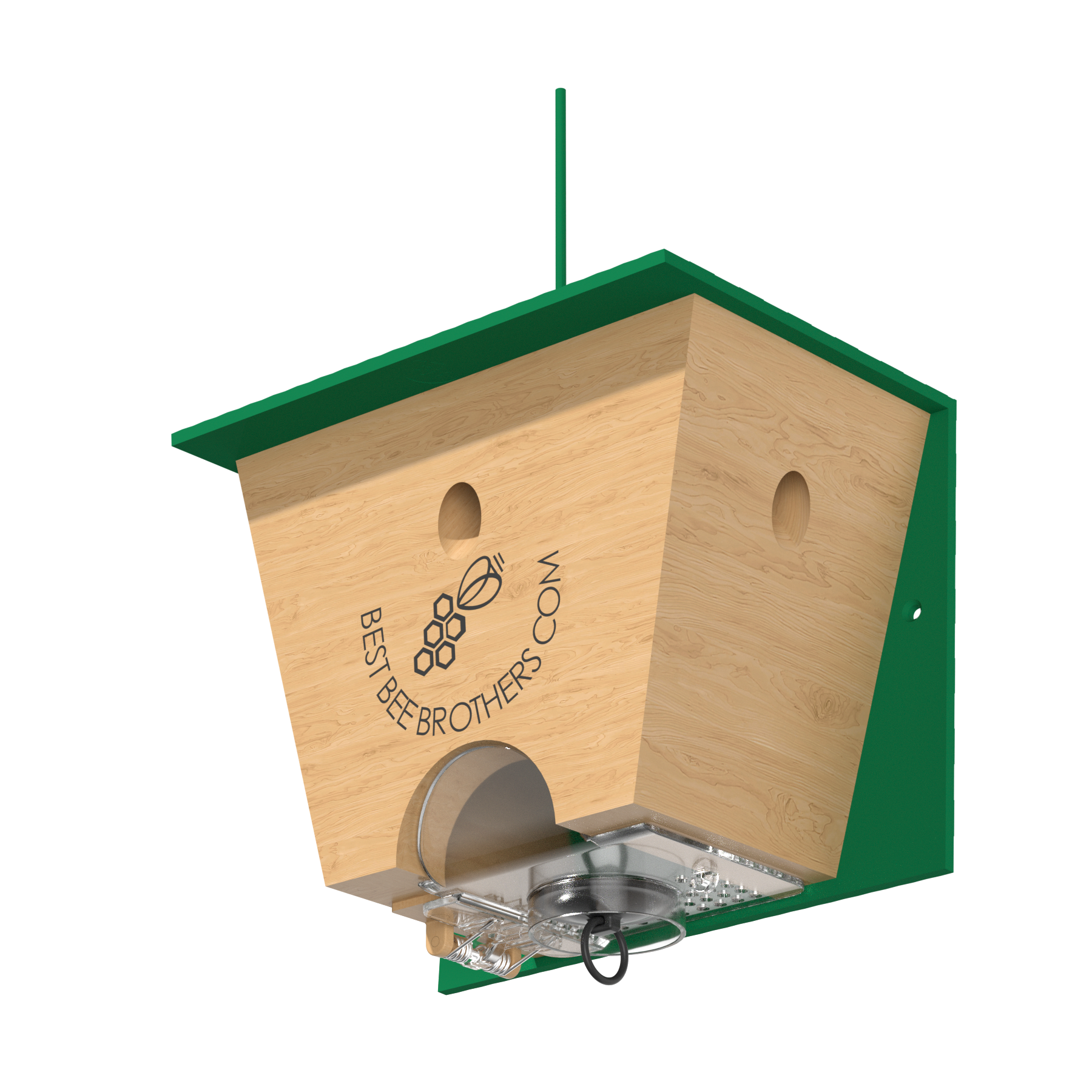
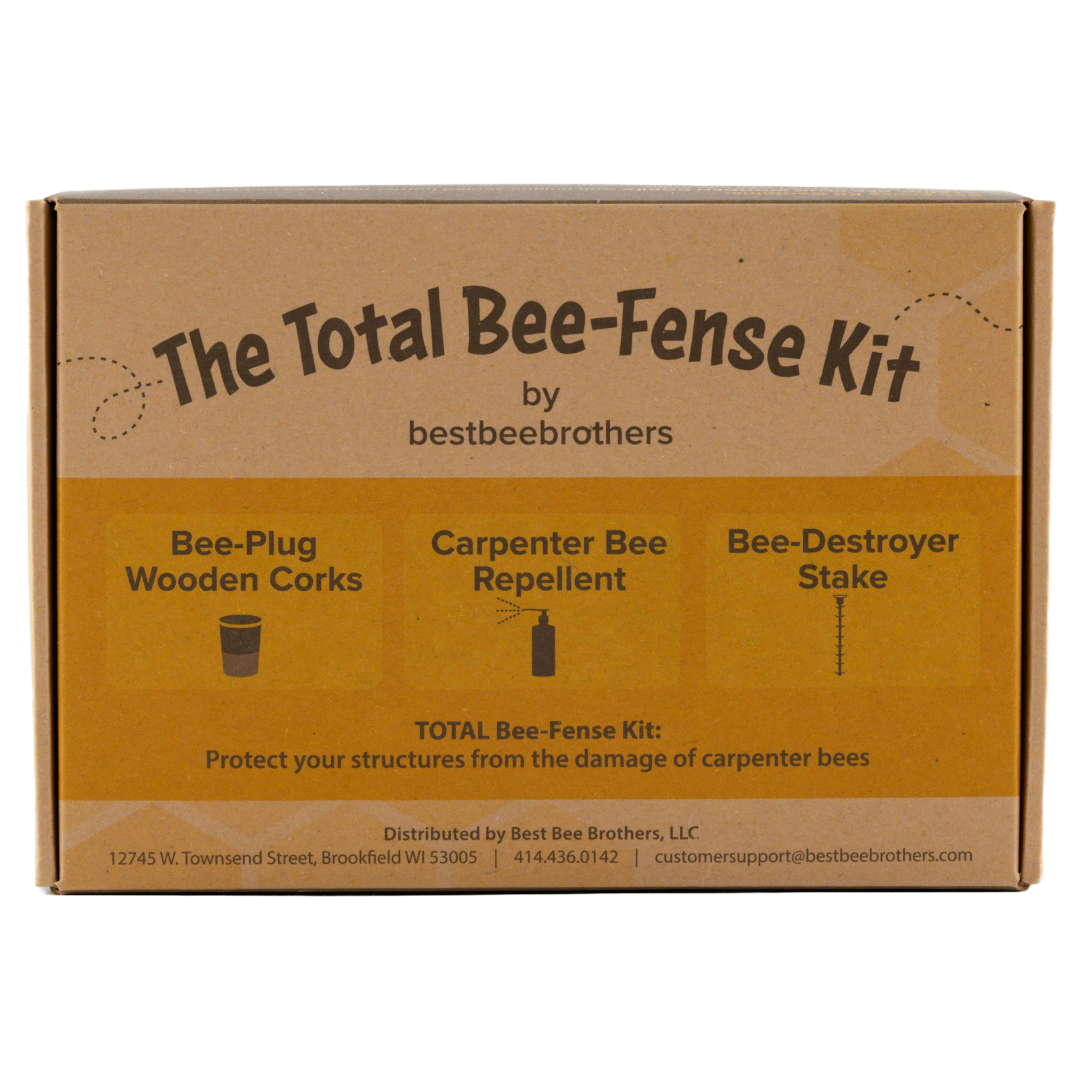
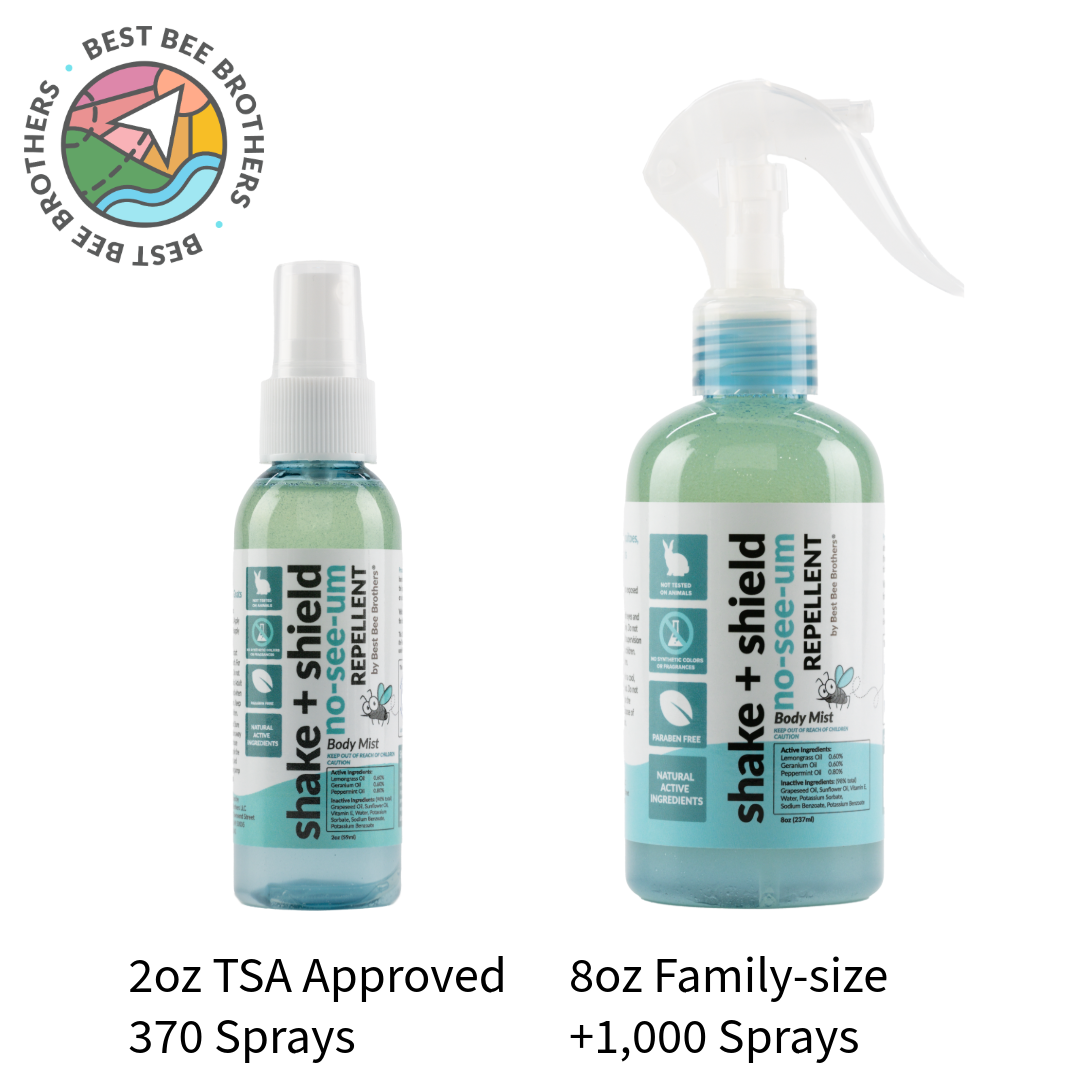
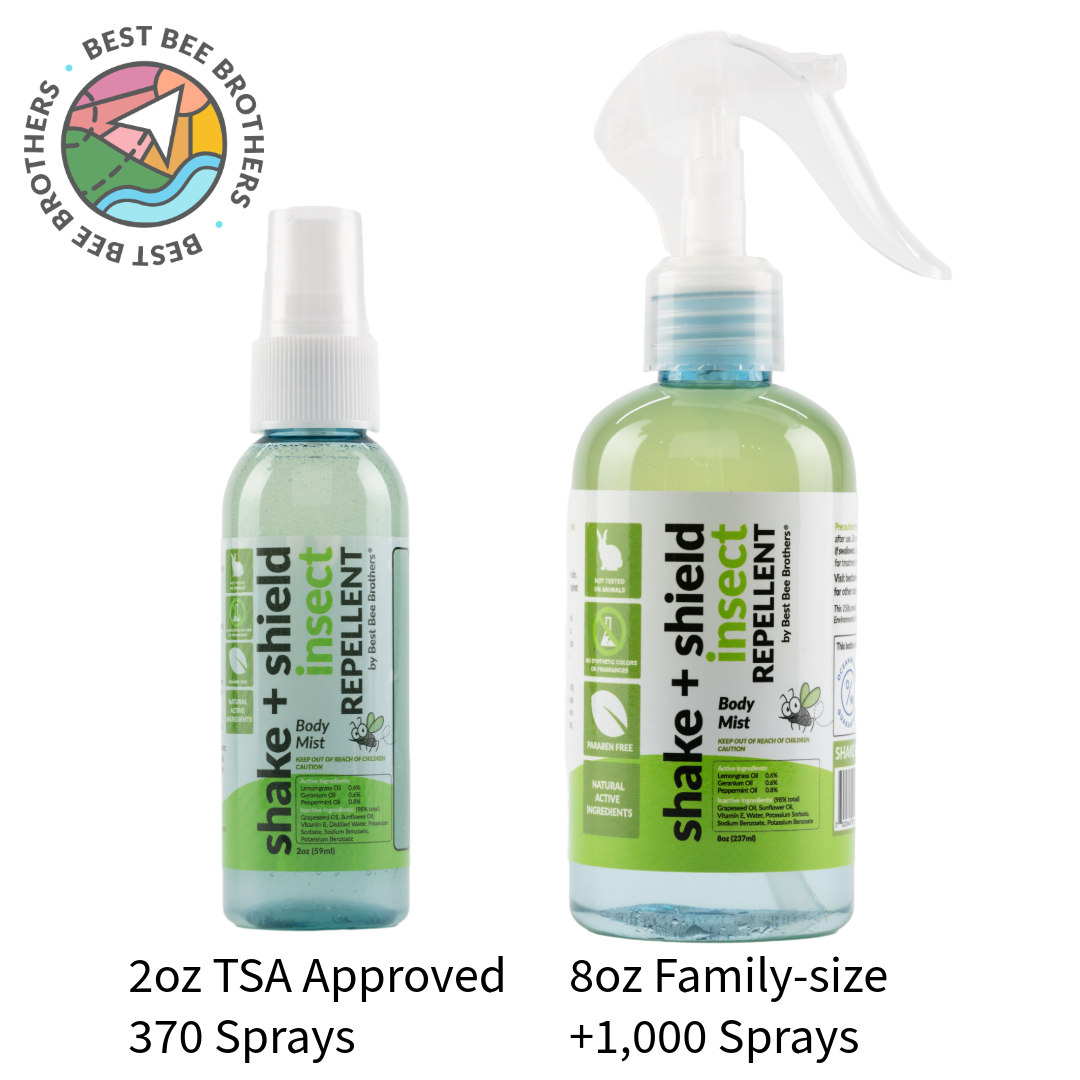
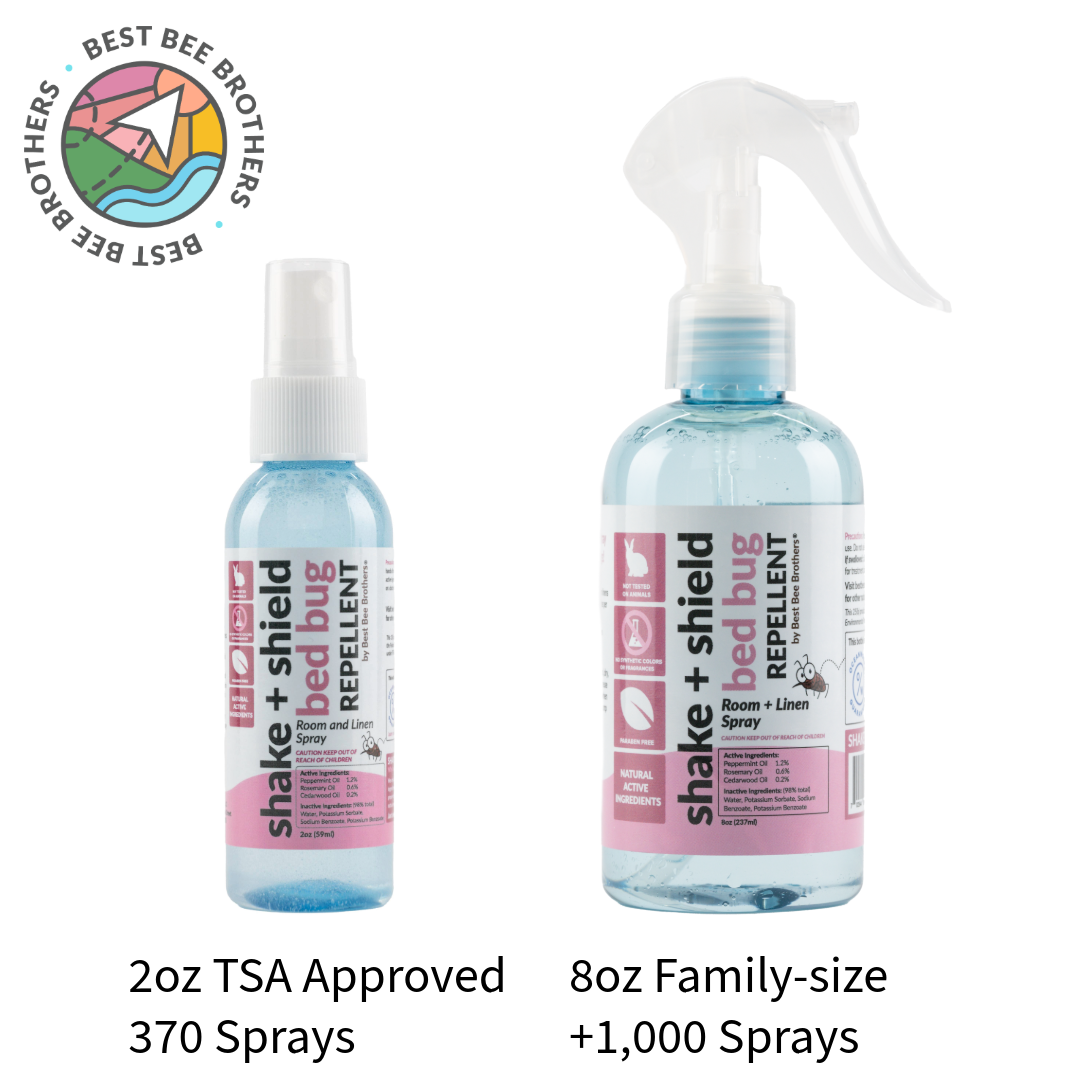

2 comments
Customer Support
@Ed – No, carpenter bees do not kill wasps. They actually do what they can to avoid them! ~Best Bee Brothers
Ed Holland
Do carpenter bees kill wasps.
Leave a comment
All comments are moderated before being published.
This site is protected by hCaptcha and the hCaptcha Privacy Policy and Terms of Service apply.